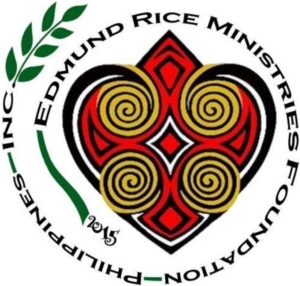Disability Inclusive Disaster Risk Reduction (DIDRR): Maasin City, Southern Leyte and Palo, Leyte, Philippines | January 2018 to December 2020
Time and again, history continues to urge us to consider the plights of persons with disabilities, particularly in times of crisis or disasters. The United Nations pointed out that people with disabilities are disproportionately affected “due to a range of factors including exclusion from decision-making processes, often poor living conditions, inadequate infrastructure, income inequality, and limited access to basic services, especially education and information.” When a disaster strikes, these groups have specific and differentiated needs which are not taken into consideration by communities, cities, and nations (UNISDR, 2015). Persons with disabilities and their organizations oftentimes are not included in any stage of disaster management. As a result, DRRM plans and policies do not address the challenges that go along with having an impairment. Physical inaccessibility also sends persons with disabilities into further isolation. Early warning systems, evacuation centers, disaster preparedness measures, disaster response, and relief are not inclusive. Numerous studies confirm that social stigma, especially in developing countries creates inferiority among persons with disabilities which leads to the denial of fundamental rights and services to this population group (Smith, Jolley & Schmidt, 2012).
In partnership with CBM Australia through the support of the Australian Government Aid program, ERMFPI has worked with villages in Leyte provinces so that they are both disability-inclusive and disaster-ready. The Foundation understands that when disasters strike, it is often people with disability, along with the elderly, who are being hit the hardest. From 2018-2020, ERMFPI has prompted local villages and their councils to think about disability issues across all aspects of disaster planning. ERMFPI’s approach began with identifying people with disabilities in villages and working with them to set up a small Disabled People’s Organisation (DPO). These groups are now carrying the torch and are keeping the fire burning in the advocacy for disability-inclusion.


